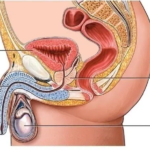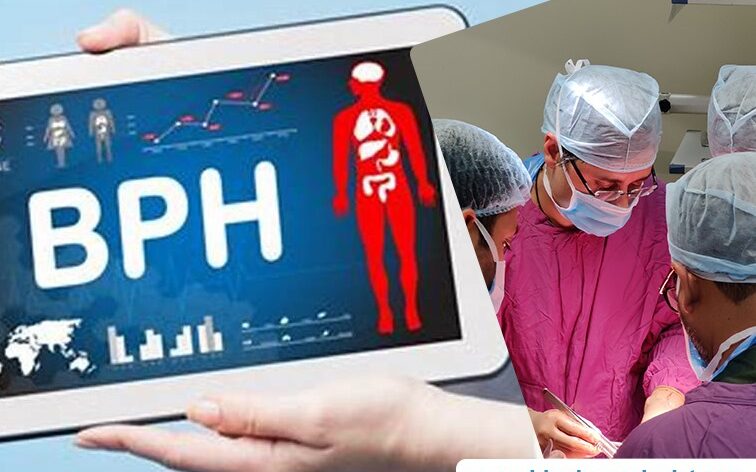BPH (Benign Prostate Hyperplasia) : If you feel like you are having urinary symptoms and have come to the conclusion that it could be BPH, don’t panic. It’s not cancer, as many would believe. BPH (Benign prostate hyperplasia) simply means that somehow your prostate has increased in size, i.e., an enlarged prostate .BPH (Benign Prostate Hyperplasia) dcicimclkasn cxncis. BPH (Benign Prostate Hyperplasia) oskd dcjn cbjasn cask. BPH (Benign Prostate Hyperplasia).
BPH (Benign Prostate Hyperplasia)
UNDERSTANDING, WHAT IS IT, SYMPTOMS AND WHEN YOU SHOULD ASK FOR HELP.
SYMPTOMS OF BPH (Benign Prostate Hyperplasia)
Even with the healthiest lifestyle, many men will begin to notice the first BPH symptoms around age 50. Here’s what to look out for:
• Urging to urinate more often, more in the night.
• Needing to strain or push to start the flow.
• A weak stream or one that starts and stops.
• Dribbling after you go
• A feeling that you can’t fully empty your bladder.
Potential Causes
1. BPH (Benign Prostate Hyperplasia) can run in families. If your father or grandfather had this condition, there is a chance you will too.
2. At any age, your prostate can grow throughout your whole life. This condition is common in men over the age of 50. By age 60, 50% of men will have BPH symptoms. By age 80, About 90% of them will experience the same.
3. Patients who are on TRT (testosterone replacement therapy) are at high risk for prostate enlargement.
4. Diabetes plays an important role in the development of BPH. High levels of insulin can cause the enlargement of the prostate.
5. Men who are obese tend to have high levels of estrogen, which can lead to BPH.
6. Many medicines used to treat BPH, including tamsulosin (Flomax) and finasteride (Proscar), can make erection problems worse.
Although the exact cause is unknown, a series of things can lead to this condition. The best solution is prevention.
- Reduced bleeding risk
- Shorter or no hospital stay
- Quicker recovery
- Less need for a catheter
RISKS
Diagnosis
Starting with the BPH (Benign Prostate Hyperplasia) or IPSS score This stands for the International Prostate Symptom Index Score.
Depending on the score, you could be ordered to take the following tests immediately.
• A urine analysis to test your urine in the lab to ensure there is not an infection.
• PSA blood test results
• An ultrasound of your prostate
• Cystoscopy is a procedure that uses a scope to look at the bladder or urethra.
• Post-void residual, which measures urine still in your bladder after you urinate.
• The Urocuff procedure, which measures how fast your urine flows,
• urodynamic pressure, which tests pressure in the bladder while you urinate.
TREATMENTS AVAILABLE WITH US:
Prostate laser surgery helps reduce urinary symptoms caused by BPH, including:
• Urge to urinate frequently and urgently
• Starting urination is difficult.
• Urination that is slow (prolonged)
• Increased frequency of urination at night
• Stopping and starting again while urinating
• The feeling that you can’t completely empty your bladder
• Urinary tract infections



